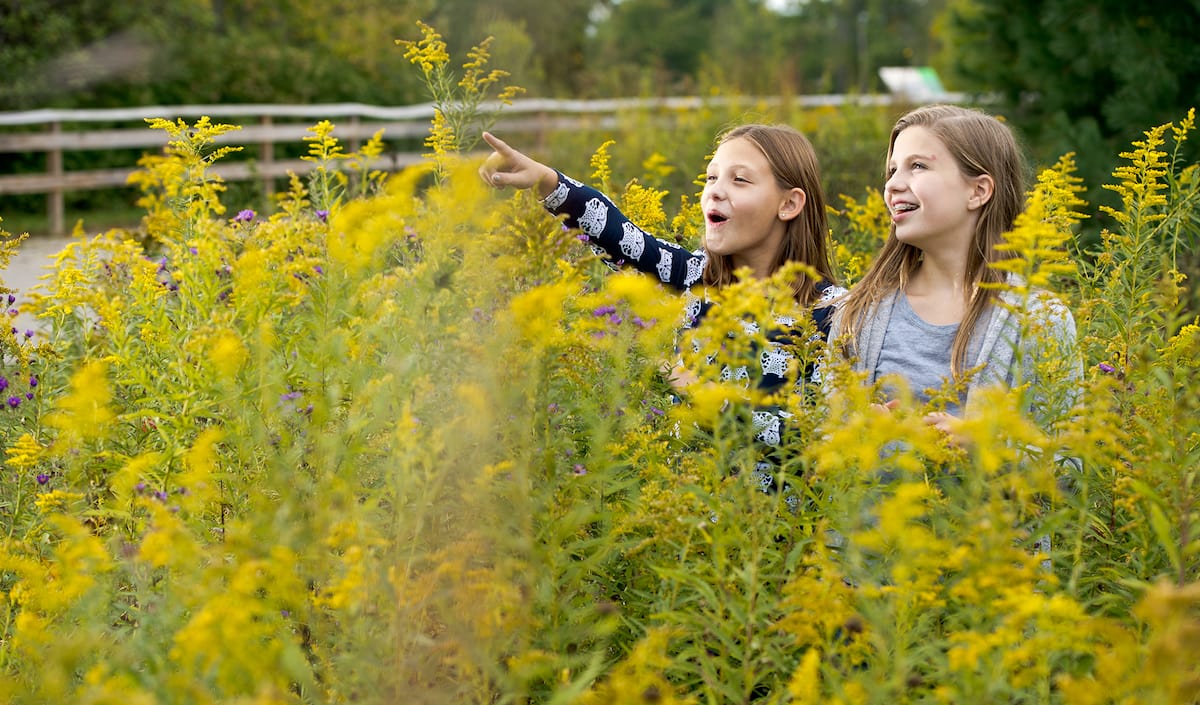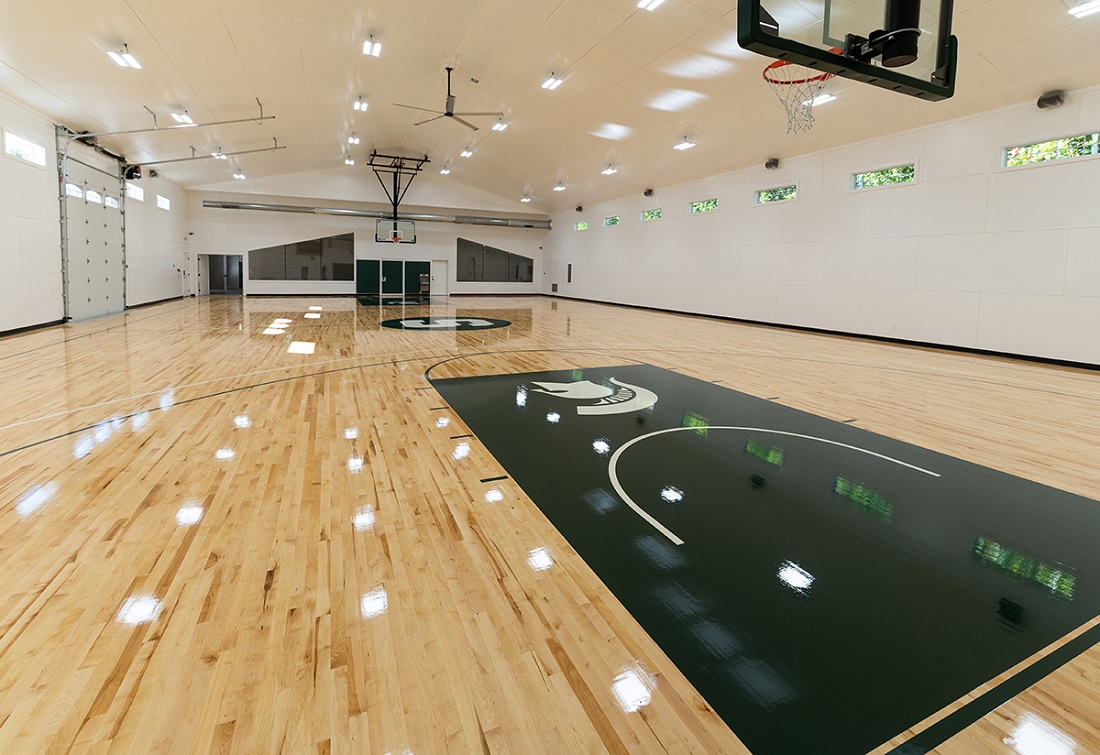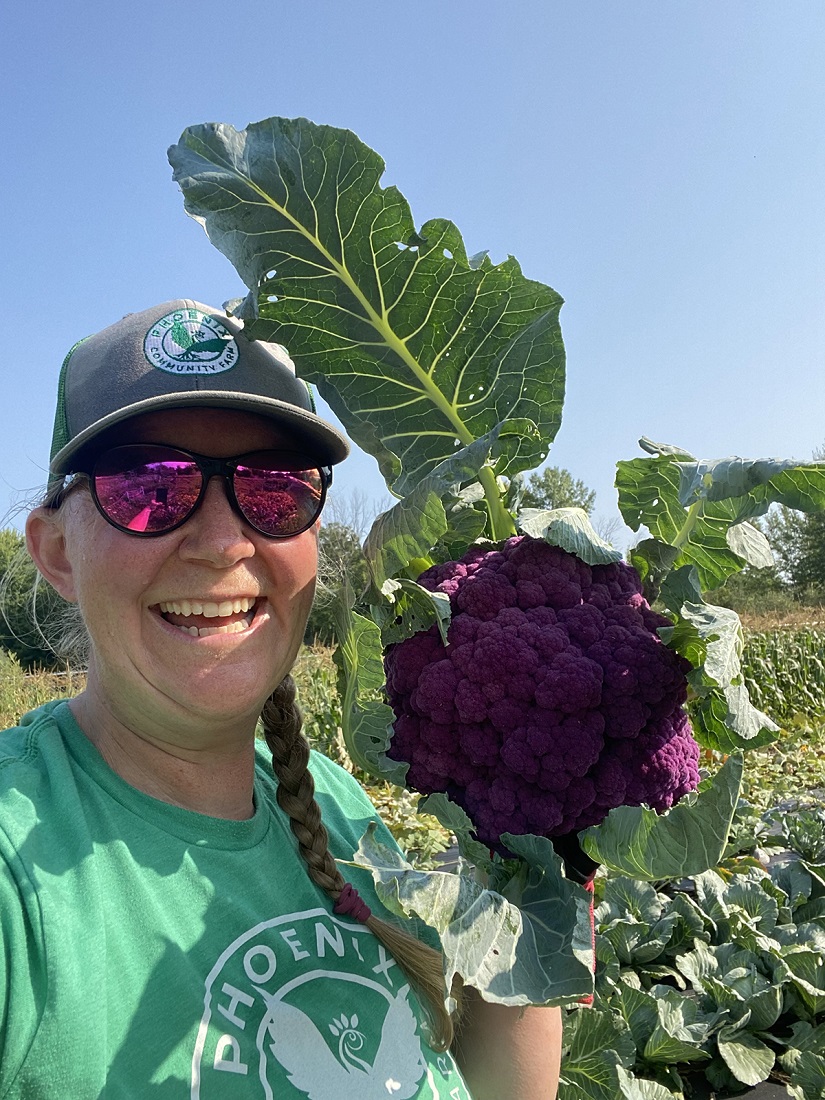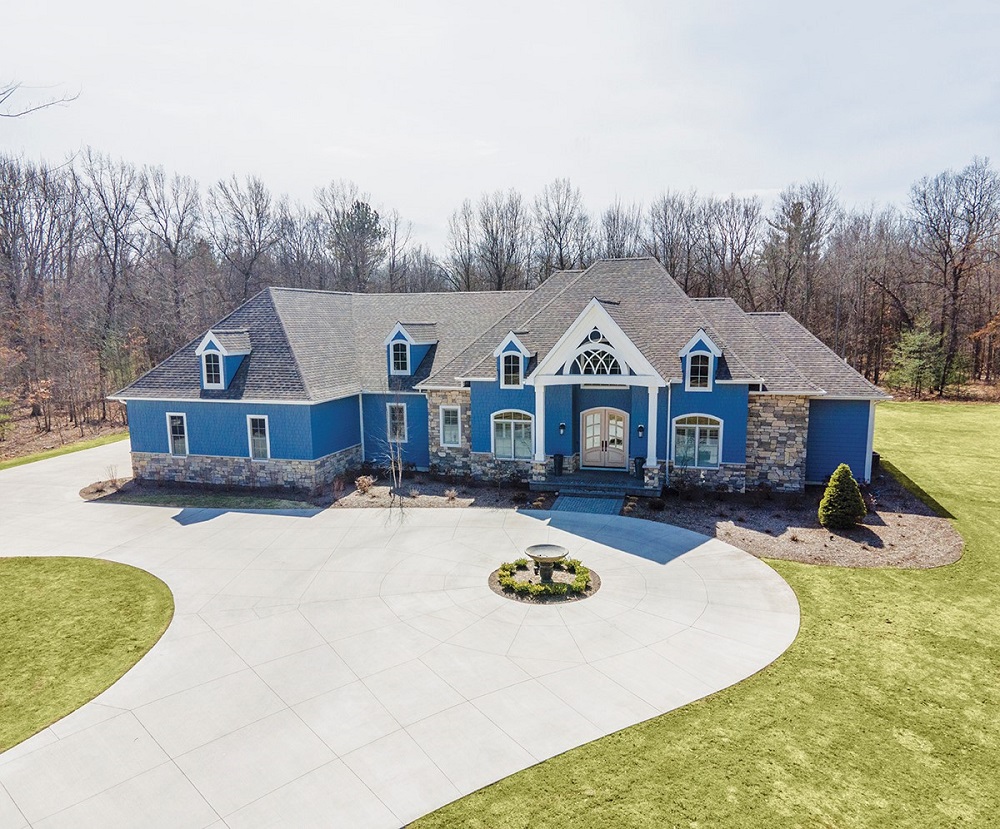WRITER | NICOLETTE CHAMBERY
PHOTOS | LITTLE FORKS CONSERVANCY
On the day of your graduation from one of the most prestigious law schools in the country, which job offer extended to you would you take: the money and prestige awaiting on the 89th floor of the Sears Tower, or the $30,000 salary at a conservancy in Colorado? If you’re Greg Yankee, you opt for the latter.
Yankee grew up in Detroit but often visited his maternal and paternal grandparents on their sprawling plots of land in Saugatuck and South Haven. On these trips, he and his siblings would explore the properties, fishing, pick strawberries, and investigate nearby ponds. Despite growing up in a suburb, it was during these visits that he developed a lasting connection to the outdoors.
A graduate of Bucknell University and the University of Michigan Law School, Yankee returned to Michigan from Colorado in October 2016 to lead the Little Forks Conservancy in Midland.
“To go from a state like Colorado that aims to own its outdoor beauty only to discover that Michigan’s land-based resources are larger. It’s so important to people who live here and have businesses here.”
Originally established in 1996, Little Forks Conservancy just celebrated its 20-year anniversary preserving the natural beauty of Michigan. The Conservancy was founded by a group of area residents who felt passionate about protecting the area’s key landscapes for future generations.
“What I really appreciate about this work is the connection between nature and people. Our work is propelled by the question of how we can create spaces for others to enjoy these places, too.”
Little Forks utilizes what’s called a conservation easement, a permanent agreement between the organization and the landowner, to determine the best uses of the property and ensure its longevity. Everything from rivers to floodplains to wildlife habitats can be included in a conservation easement to thoroughly preserve the property. Other methods the organization uses to secure natural lands are donation, purchase, or bequest.
It’s easy to drive through any number of places in Michigan or walk along its lakefronts, through its forests, and not consciously consider how that land has remained undeveloped or untouched. The reality is that it’s often due to a group of engaged community members investing a great deal of their time and efforts to make sure Michigan’s trademark beauty is maintained and protected.
The challenge facing the Conservancy isn’t so much combating an oppositional perspective or belief as getting people to prioritize preserving lands to which they have no emotional attachment.
“People love very specific existing natural parks, so the idea of needing to put more resources toward a new habitat is difficult. My family grew up going to Pier Cove, so I understand the connection to places with sentimental value. If someone came along and said we need to generate funding for more beach access along Lake Michigan, it can be hard to motivate people. How do you get people to internalize the value of what we do and the need for it in future generations?”
Through workshops, volunteer opportunities, and conversations with the community, Little Forks is answering that critical question in the quest to sustain this work.
Looking ahead, Yankee plans to increase the organization’s efforts to engage people with different socioeconomic backgrounds in land conservancy, stating it’s too homogeneous and exclusive.
Yankee’s insistence on diversifying the organization’s efforts and creating an inclusive environment to propel the mission of conservancy, along with his truly dynamic personality and experience, sets the course for what will surely be a successful future for Little Forks Conservancy.
Little Forks Conservancy 105 Post Street, Midland Michigan 48640 l (989) 835-4886 l LittleForks.org








